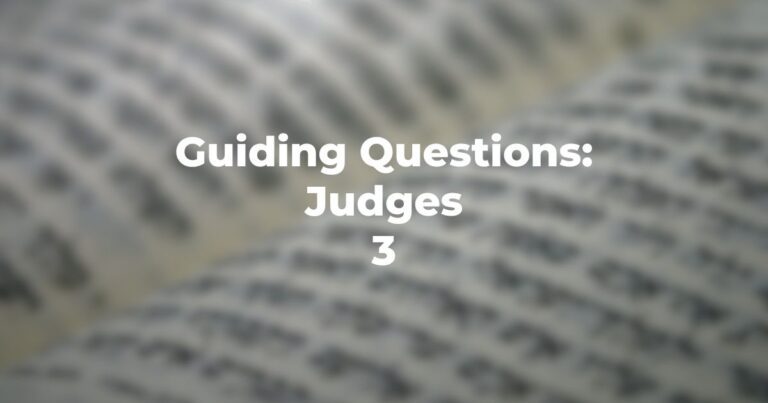- Is Proverbs 17:1 a lesson in what is known as sh’lom bayit (domestic harmony)?
- In Proverbs 17:2, eved can mean “slave” as well as “servant”. Would such a rendering add force to or distort the lesson of this verse?
- What is the point of Proverbs 17:3? Is an analogy intended?
- Why are there frequent references to the poor as in Proverbs 17:5?
- Could one take strong exception to Proverbs 17:6?
- Does Proverbs 17:8 approve of bribery?
- Does Proverbs 17:10 suggest that corporal punishment is futile?
- What is the temperament of a “bereaved she-bear” (Proverbs 17:12) and why is it preferable to a “fool with his nonsense”?
- Some commentators suggest that “to purchase wisdom” (Proverbs 17:16) implies paying tuition. Is this a reasonable assumption?
- Are the two parts of Proverbs 17:17 complementary or are they opposite sentiments?
- What does the second half of Proverbs 17:19 imply? Compare it with the old JPS rendering: “He that exalteth his gate seeketh destruction.” Which version makes more sense?
- A suggested alternate reading of Proverbs 17:26 is: “It is not good even for a righteous person to punish, nor for nobles although it is for uprightness.” Is this version more meaningful than that of JPS?
- What behavior is advocated in Proverbs 17:27-28?
Author
-

Exploring Judaism is the digital home for Conservative/Masorti Judaism, embracing the beauty and complexity of Judaism, and our personal search for meaning, learning, and connecting. Our goal is to create content based on three core framing: Meaning-Making (Why?), Practical Living (How?), and Explainers (What?).
View all posts




